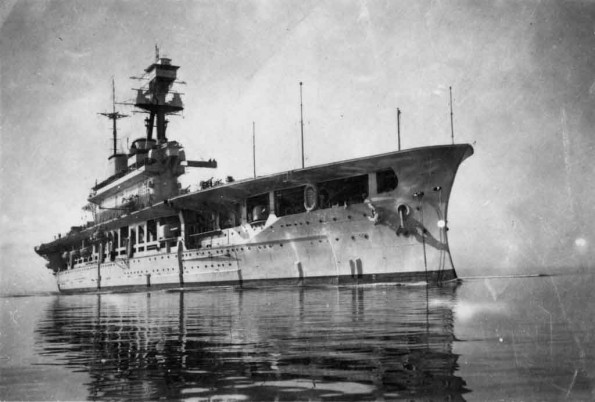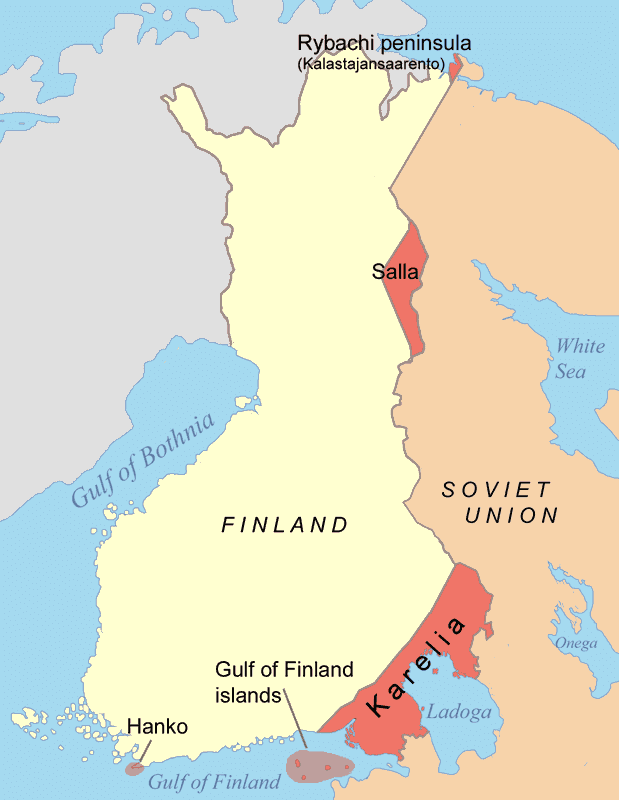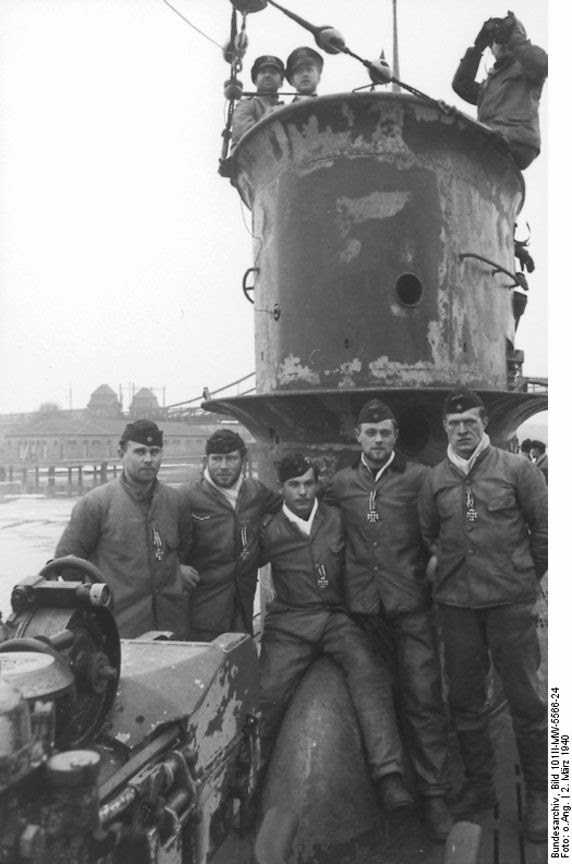Friday 22 March 1940
 |
| Bf 110 night fighters. |
Along the Dutch border, a Hawker Hurricane tangles with Bf109s and crashes.
Battle of the Atlantic: The Luftwaffe conducts another sweep over the British east coast and attacks the Cromer Knoll lightship without scoring any hits.
The British freighter Loch Assater hits a mine and sinks.
Convoy SL 25 departs from Freetown.
Western Front: Journalist William Shirer, based in Berlin, writes in his diary that "Germany can now try to force the issue on the western front, but this is improbable."
Soviet Military: General Konstantin Rokossovsky, arrested in 1937 during the purges that ended the lives of many of his colleagues, is released from prison and rehabilitated. This is part of Stalin's pattern of imprisoning his top generals, torturing them, executing some, and somewhat arbitrarily restoring others to their former, or even more prominent, positions.
French Government: While new Prime Minister Paul Reynaud has kept former Prime Minister Edouard Daladier in the cabinet, they find that they cannot agree on a strategy. This also has implications for relations with the British.
Turkey: The government orders all Turkish freighters to return to Turkish waters ASAP.
Finland: The Soviets continue occupying the Finnish port of Hanko, which is theirs for 30 years under the Moscow Peace Treaty. They rename it Hangö. The official handover is at midnight on 22 March 1940.
Romania: King Carol II vows to defend his country's borders.
India: The Muslim League advocates splitting India into Muslim and Hindu countries. This is an idea that is highly controversial among other revolutionaries.
China: The Chinese 101st Division, having bagged Wuyuan on the 21st, move on to capture the strongpoint at Hsin-an-chen in order to cut the road along the Yellow River that leads to Wuyuan. The Japanese send 80 trucks full of troops from Dashetai via Siyitang to make a forced crossing of the Wu-chia River at Ta-Tsai-chu 10 km (6.2 mi) north of Wuyuan. This is a Muslim region with Chinese troops that are full of fervor.
In the Battle of South Kwangsi, the Chinese 46th Army attacks the Japanese 22nd Army at Lingshan.
British Homefront: Gerald Winter, a farmer from Sussex, is awarded an Empire Gallantry Medal for dragging an RAF pilot from a burning plane.
American Homefront: Popeye the Sailor -- Stealin Aint Honest # 78 March 22, 1940, is released. Popeye battles Bluto for a gold mine!
Future History: Haing S. Ngor is born in Los Angeles, California. He becomes famous in the 1984 film "The Killing Fields" (1984), for which he won an Academy Award for Best Supporting Actor. Thereafter, he continues acting and becomes an author.
March 1940
March 1, 1940: Soviet Breakthroughs Past ViipuriMarch 2, 1940: Soviets Swarm West in Finland
March 3, 1940: Soviets Across Gulf of Viipuri
March 4, 1940: USSR Apologizes to Sweden
March 5, 1940: Katyn Forest Massacre Approved
March 6, 1940: Finns Head to Moscow
March 7, 1940: The Coal Ships Affair
March 8, 1940: Peace Talks Begin in Moscow
March 9, 1940: Soviets Harden Peace Terms
March 10, 1940: Germany Draws Closer to Italy
March 11, 1940: Winter War Peace Terms Finalized
March 12, 1940: War is Over (If You Want It)
March 13, 1940: Winter War Ends
March 14, 1940: Evacuating Karelia
March 15, 1940: The Bletchley Bombe
March 16, 1940: First British Civilian Killed
March 17, 1940: Enter Dr. Todt
March 18, 1940: Mussolini To Join the War
March 19, 1940: Daladier Resigns
March 20, 1940: Soviets Occupy Hango Naval Base
March 21, 1940: Paul Reynaud Leads France
March 22, 1940: Night Fighters Arise!
March 24, 1940: French Consider Alternatives
March 25, 1940: Reynaud Proposes Action
March 26, 1940: C-46 First Flight
March 27, 1940: Himmler Authorizes Auschwitz Construction
March 28, 1940: Allies Ponder Invading Norway
March 29, 1940: Soviets Prefer Neutrality
March 30, 1940: Allied Uncertainty
March 31, 1940: The Tiger Cage
2019








